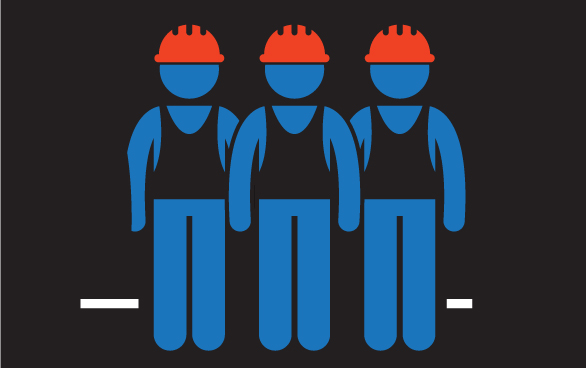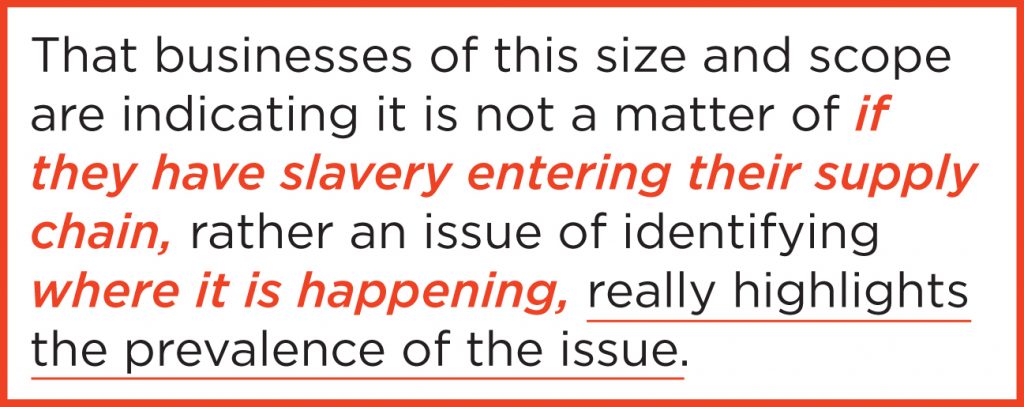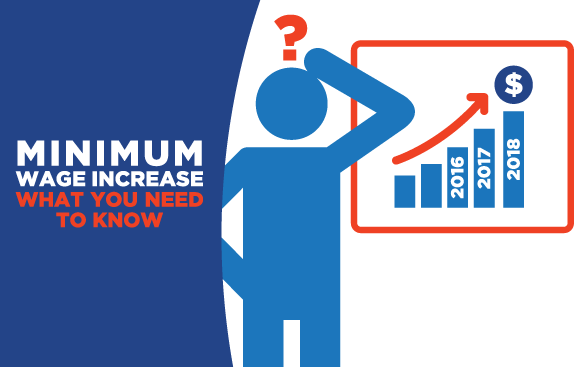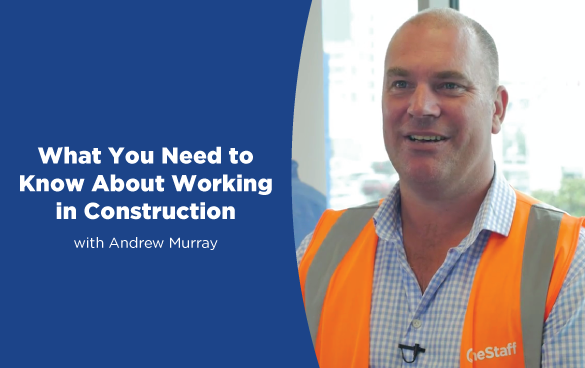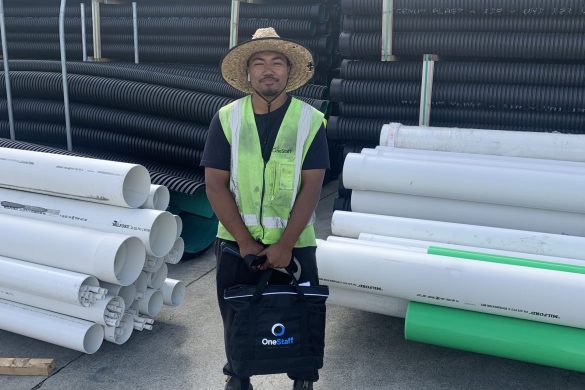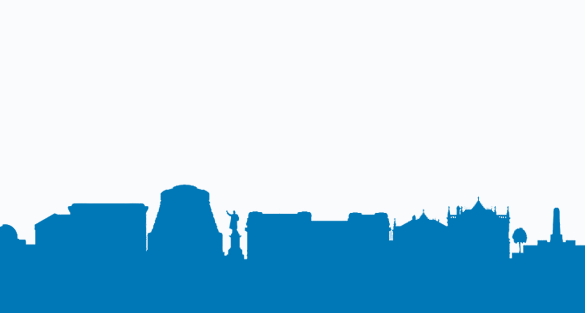Last week, I was fortunate to be invited by Rebecca Clarke from the RCSA to attend a business round table discussion on Modern Slavery, held at the NZ Human Rights Commission in Auckland. While many of us will be familiar with some of the conditions that can fall under Modern Slavery (e.g. migrant exploitation, debt bondage, child slavery, human trafficking, domestic servitude, forced labour etc.), the overarching term is one that a lot of New Zealanders would be unfamiliar with. However, as the Australian Government recently passed the first specifically targeted legislation, it is certainly a term in which Australian people will be increasingly aware of.
This legislation is now in effect and puts an annualised reporting requirement across all companies trading in Australia that turn over AUD$100M+. While this is Australian legislation, for some of our larger companies that are trading across the Tasman (and have a physical Australian operation), the legislative requirement also extends to them.
Hearing from the Experts
On the day, opening remarks and an overview of New Zealand’s journey in this space were provided by Saunoamali’l Karanina Sumeo, who is New Zealand’s Equal Employment Opportunities Commissioner.
The main presentation was delivered by the very talented and engaging Amy Sinclair, who is a member of the Australian Government’s Expert Advisory Committee on Modern Slavery. She discussed the history and establishment of the legislation and the growing worldwide issues which are driving a need for focus. She was instrumental in the effort to pass legislation in Australia and has a wealth of experience from the UK initiative that was passed in 2015.
Supporting her with the commercial and cultural journey were some of New Zealand’s largest enterprises, specifically addressing issues in this space. Present were Kiri Hannifin as the General Manager of Corporate Affairs/Quality/Safety and Sustainability from Countdown, Gary Jones as Manager of Trade Policy and Strategy at New Zealand Apple and Pears, and Matt Trent as Manager, Social Responsibility for Fonterra. While all three organisations now have reporting requirements under legislation, they had also already started their diligence in this area quite some time ago for their own corporate and social responsibility reasons. It is also interesting to note that each of these organisations rate the importance of this effort so highly that all their materials are collaborative, and they open source to other companies to assist in the development of their own efforts. This collaboration is incredibly important given the scale and scope of the issue.
A Complex and Widespread Issue
It is estimated that in excess of 40 million people worldwide are direct victims of Modern Slavery, which means that the flow on effect will enter into most supply chains at some point. That businesses of this size and scope are indicating it is not a matter of if they have slavery entering their supply chain, rather an issue of identifying where it is happening, really highlights the prevalence of the issue.
Modern Slavery is an ethical, moral, and social factor that businesses need to be more aware of and address. Aside from humanitarian considerations, which are obviously the foremost concern, given 83% of New Zealanders have specifically indicated they would cease to trade with unethical suppliers (from Consumer NZ research), there is certainly an obvious business case for addressing the issue as well. It is the scale of the issue that is the unknown, and as many supply chains are incredibly complex (Fonterra alone has over 10,000 suppliers globally), the amount of resource required is considerable. On initial examination, it appears that companies are starting their focus on the known core areas and demographics associated with the issue, such as specific industries, locations, and manufacturing/production processes in which incidents are more prevalent:
- Commercial fishing (forced labour, debt bondage, confiscated passports), hospitality and cleaning (servitude, forced labour, human trafficking, child slavery) , garment and electronics manufacturing, construction (forced labour, withheld wages, confiscated passports), agriculture (rice, spices, tea, coffee, cocoa, cotton, tobacco, fruit, and general foods)
- Almost three-quarters are female – and one in four a child – with Modern Slavery most prevalent in Africa, followed by Asia and Pacific.
- North Korea has the world’s highest rate of slavery, with about one in 10 people enslaved, followed by Eritrea (9.3%), Burundi (4%), Central African Republic (2.2%), Afghanistan (2.2%), Mauritania (2.1%), South Sudan (2%), Pakistan (1.7%), Cambodia (1.7%) and Iran (1.6%).
- India is home to the largest number of slaves globally, with 8 million, followed by China (3.86 million), Pakistan (3.19 million), North Korea (2.64 million), Nigeria (1.39 million), Iran (1.29 million), Indonesia (1.22 million), Democratic Republic of the Congo (1 million), Russia (794,000) and the Philippines (784,000).
- Human trafficking generates an estimated $150 billion each year in illicit profits for traffickers and slave masters.
- It is estimated that there are 15,000 people in Australia currently engaged under conditions defined as Modern Slavery, and approximately 3,000 people in New Zealand in the same situation.
Communication and Collaboration
While the task ahead is mammoth, it is not insurmountable. Formally recognising the issue through legislation (and the corresponding obligation) and then building a commitment to efforts, is the first step to addressing it. For businesses supporting this, setting a process of internal policy and culture to first draw a line in the sand and set a standard, then to work backwards to identify potential instances, would then follow. Doing this, and sharing insights, helps to shine a light on the conditions and characteristics of such instances, so everyone working collaboratively can benefit.
Gary Jones from NZ Apple and Pears has been working in an international focus group to find practical ways to increase not just awareness but better communication channels through technology, and reporting from those who are directly affected. Systems designed to enable communication and broadcast from those under these conditions is the start of the notification process from the upstream end of the problem. Regardless of where your company is starting its efforts, what is clear is that communication and collaboration is key to driving change.
Modern Slavery in New Zealand
Recently in New Zealand, there have been a number of reported and investigated complaints that fall under the umbrella of Modern Slavery – which is fantastic. Not fantastic in that this appalling practice is occurring here (or anywhere else in the world), but certainly fantastic in that instances like this that are occurring on our shores have been uncovered, investigated and ceased. As Matt Trent advised, the initial focus for Fonterra is to discover and celebrate discovery, as this is where change can begin. What he meant was that perhaps the best result from this (outside of freeing the victims), is raising awareness that these issues are not anecdotal or simply relegated as issues for faraway lands. They are happening around us and the responsibility for accountable consumer habits rests with all of us in terms of caring about where we buy our products and services.
Final Thoughts
We need to ensure that as producers and suppliers, we take the time and due diligence required to ensure our services and those of our suppliers upstream are sourcing, manufacturing, and distributing through channels that also hold the same ethical duty of care in the way all people are engaged in their processes. The Modern Slavery legislation in Australia is an excellent start to this and provides a good foundation from which greater oversight and accountability can be built.
